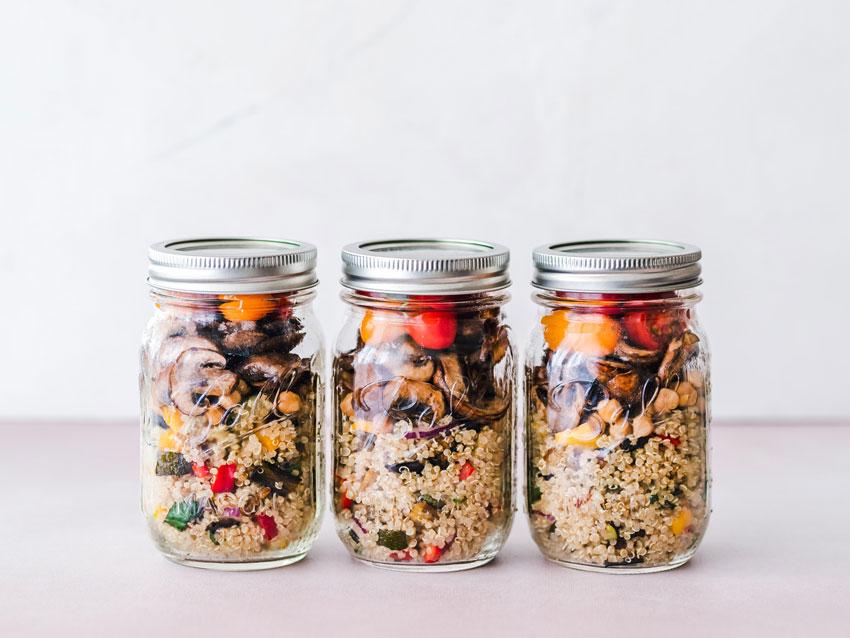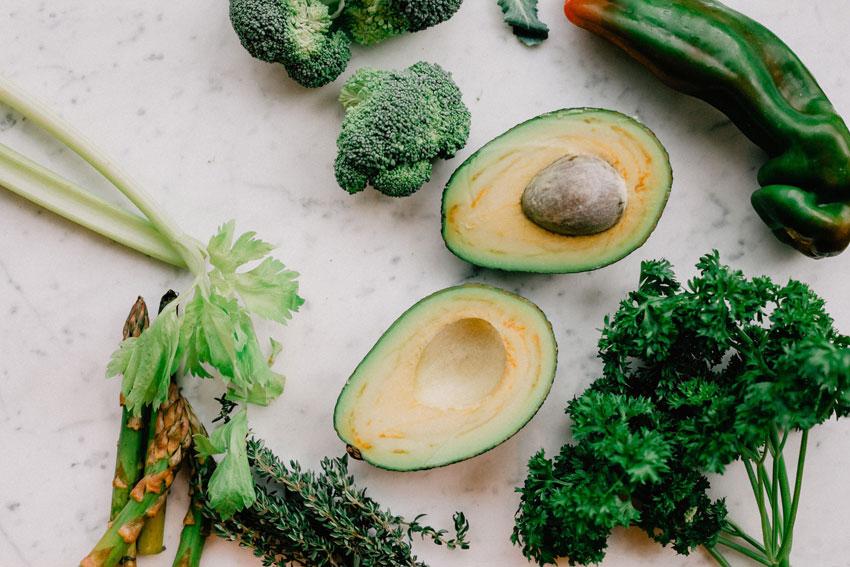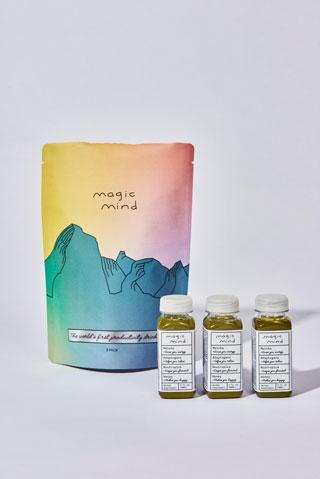10 Jul 2021 - {{hitsCtrl.values.hits}}

 Over the recent years we have all heard the word “superfood” but what does this really mean?
Over the recent years we have all heard the word “superfood” but what does this really mean?
“Superfoods” is an undefined term and is commonly perceived as a nutrient-rich food which is beneficial for health and well-being. However, this term was invented by marketers to sell expensive new products that provides no additional benefits over your everyday fruit or vegetables.
We do not need “Superfoods” to be healthy?
We are certainly getting caught in this hype and are willing to spend more money on these products; from quinoa and turmeric to chia seeds, these products have caught our attention. Yes, they are packed with minerals, vitamins, and antioxidants but they aren’t miraculous. We do not need to pay a premium for products to achieve a healthy diet. You can include commonly found foods in Sri Lanka such as coconut, green beans, chickpeas, gotukola, beetroot, pumpkin, aubergine, leeks, moringa, etc. in your diet instead; and these products are readily available, cheap and packed with nutritional benefits. If you like “superfoods”, enjoy them as part of a balanced, sustainable diet. But do remember, there are cheaper foods which also contribute to a balanced, sustainable diet; we do not need “superfoods” to be healthy.

Impact of Media
Superfoods, Power foods, Top 10 foods - are all titles used by the food industry to grab our attention. We may imagine a powerful food with special abilities like promoting weight loss or healing disease. Information now spreads at viral speed so that a new superfood seems to appear on a monthly basis. The essentials are in place: scientific research on a particular food, catchy headlines from the fast-paced popular press, as well as infomercials and marketing campaigns by food industry organizations. The food industry certainly has the incentive to market a product as a superfood, which boosts sales. According to Mintel research, in 2015 there was a 36% increase globally in the number of foods and beverages launched that were labeled as a “superfood,” “superfruit,” or “supergrain,” with the United States leading those product launches.

Are they actually “Super”?
Well, there are limitations:
Focus on balance and not just on “Superfoods”
Superfoods are often nutritious but it’s clear that the term is more useful for driving sales than it is for providing optimal nutrition recommendations. A downside of superfoods is that the title alone may cause people to focus on a few specific foods, blinding them to other equally nutritious options that aren’t as hyped. Variety in our diet is important not only to gain the benefit of eating a wide array of essential vitamins and minerals, but also to prevent one from eating too much (or too little) of a particular nutrient. It also keeps our meals interesting and flavorful!
So is it a miracle or a fad? It’s up to you to decide now, but we certainly feel it’s a fad!
08 Jan 2025 10 minute ago
08 Jan 2025 2 hours ago
08 Jan 2025 3 hours ago
08 Jan 2025 3 hours ago